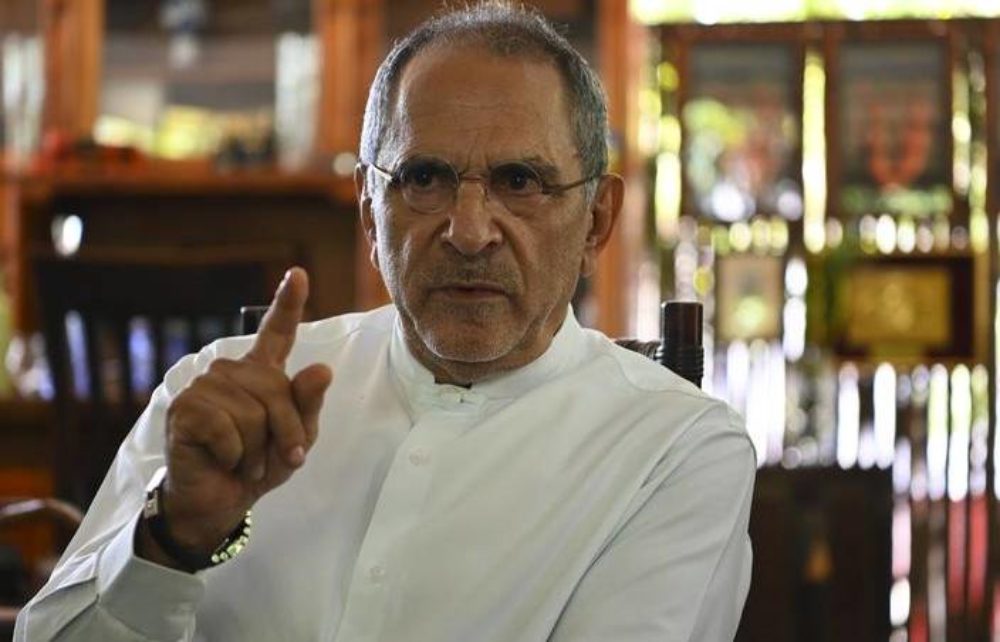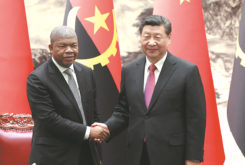Timor-Leste’s president, José Ramos-Horta, has warned his nation will seek Chinese support if Australia and Woodside Energy fail to back a gas pipeline between the resource-rich Timor Sea and his country’s southern shore, rather than Darwin.
Ramos-Horta (pictured above) has warned Timor-Leste – Australia’s neighbour and ally – would “absolutely” look to Chinese investment to secure what he says is the “national strategic goal” of piping gas from the Greater Sunrise fields to his nation’s coast.
“Timor-Leste would favourably consider partnership with Chinese investors if other development partners refuse to invest in bringing gas via pipeline to Timor-Leste,” Ramos-Horta told Guardian Australia.
Five cooperation agreements to be signed during Chinese MFA visit to Timor-Leste
“Timor-Leste would be in a financial cliff if Greater Sunrise is not operating within the next 10 years. So, very soon, [Timor-Leste’s] leadership has to make decisions … if necessary a trip to China”, the Timorese leader said.
The Greater Sunrise oil and gasfields, worth an estimated USD 71bn, are critical to Timor-Leste’s future. The resources – which sit in the Timor Sea about 150km south of Timor-Leste – have been the source of much tension between the two allies.
A new agreement was struck between Australia and Timor-Leste on the Timor Sea maritime boundary in 2019, but progress on the development of the Greater Sunrise resources has been slow.
The current preference of Woodside Energy, the Australian corporate giant seeking to exploit the gasfields, is to pipe the gas through Darwin for processing.
But the Australian Financial Review reported this week that Timor-Leste’s petroleum minister, Víctor da Conceição Soares, viewed the construction of a pipeline to Timor-Leste’s southern coast as the “only acceptable option for the people of Timor-Leste”.
The decision on where to build the pipeline is ultimately a commercial one, though the Australian government is working with Timor-Leste on regulatory and taxation arrangements under the maritime boundary signed in 2019.
China and Timor-Leste relations “model for large and small countries treated as equals”
As it stands, Woodside has a 33.44% stake in Greater Sunrise, while Timor GAP – the Timor-Leste national oil company – holds a stake of 56.56%, after buying out ConocoPhillips and Shell. Japan’s Osaka Gas holds a 10% stake.
The Greater Sunrise fields are much closer to Timor-Leste, sitting about 150km south of the nation’s coastline, compared with 450km to Darwin. The new maritime boundary agreement puts most of the resources within Timor-Leste’s jurisdiction.
Woodside has generally argued that piping the gas to Darwin would be more commercially viable. Florentino Soares Ferreira, president of Timor-Leste’s National Authority of Petroleum and Minerals, told the AFR this week that independent reports have shown “that it is technically viable”.




